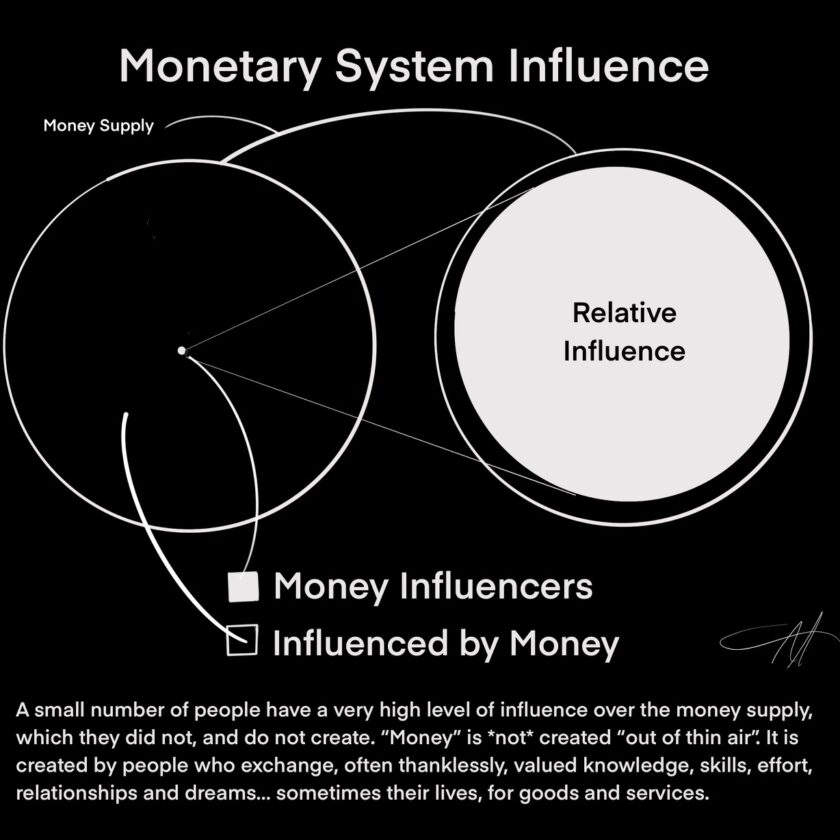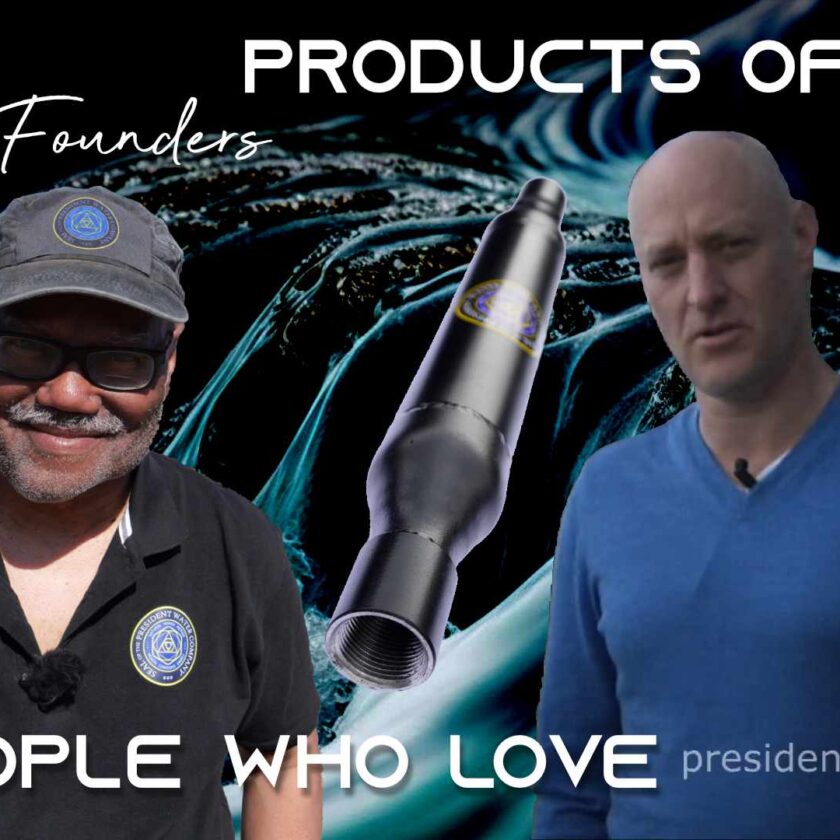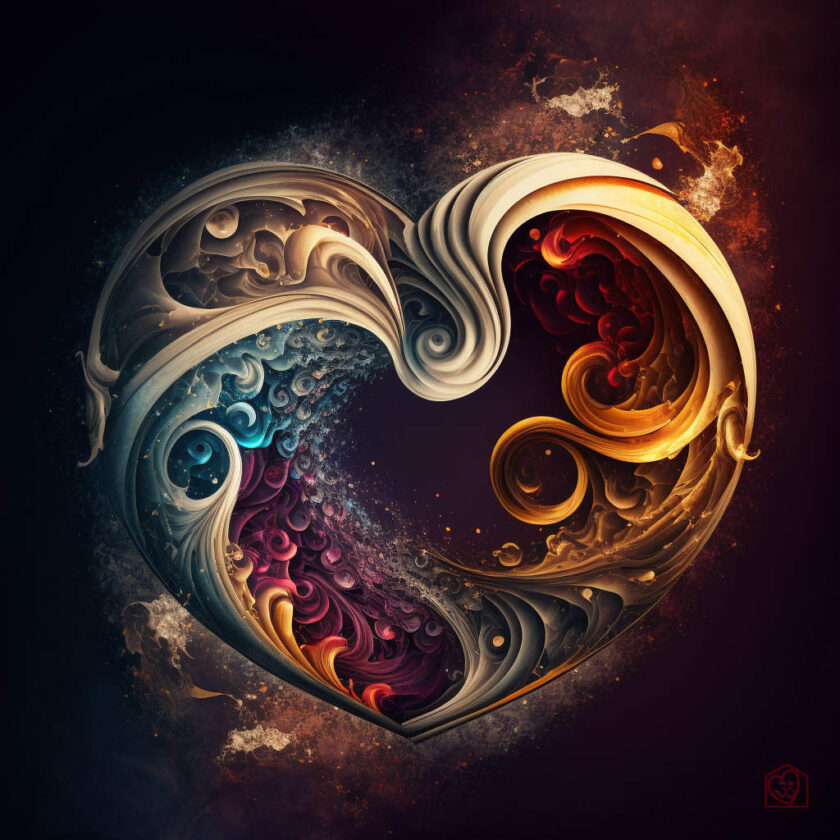(I have a collection of rarely seen or read essays, going back in a few cases, over 20 years, that will eventually find their way into a book or two, and onto this blogspace. After reading and enjoying several of Neal Donald Walsh’s books in the Conversations With God series, I wrote this one in Sept, 2005.)

One of the best pieces of evidence that each of us is an aspect of God is, in actuality, the almost universal denial of the possibility. Not too many people grow into adulthood believing, much less professing to be one with God. In general, the Holy Bible certainly doesn’t suggest such oneness, although it is implicit in many statements made attributed to the One Jesus. Yet, the consensus belief among a number of religions claiming the Bible as their reference manual is that while all are created by God, certain people rank among The Chosen. Furthermore, the “male” Creator (God) of the Universe had but one “son” — no daughters, and no feminine “Mother” Creator Complement. These notions are rarely questioned by “the faithful.” I have to wonder whether they are actually, the fearful?
I’ve certainly had my questions and fears about who, or what I am, versus who or what God is. Have you? General Christian doctrine such as “heaven and hell,” “good and evil,” and “fire and brimstone,” have all amounted to exercises in “us” versus “them”. By believing or not believing in this specific doctrine, you were either “with us, or agin’ us.” While some of the nuances are decidedly different, Islamic doctrine pretty much boils down to the same thing; you’re either “with us, or agin’ us.” As such, you are either friend, or enemy.
I grew up in a Baptist home, and currently claim membership to no religious body. However, I was once told by a Muslim friend, with whom I shared a great sense of spiritual kinship, that I was “Muslim but didn’t know it.” A friend who embraced the Bahá’í faith told me that I was “Bahá’í, but didn’t know it.” She felt that I’d eventually “see the light.” After some extended conversation I was declared a Bodhisattva by a practitioner of Buddhism. Yet, if I suggested to any of these people that I am God, expressing as, and through “Me”, some distancing would have been more likely, to put it mildly. We are very reluctant to consciously embrace that connection, yet it is the only one that really makes sense to me.
Spiritual kinship is in fact, the feeling from whence all true friendship is formed. However, it often gets mucked up and broken down when we try to package, and force feed it into an institutionalized religious context. When the pieces don’t fit, a friend can become a rival, if not an enemy, in short order. Fear is never too far away, for if we accept this person who doesn’t believe as we do, and respect them without converting them, then will she have succeeded in converting me? Will my “team” have lost?
And what room does formal religion make for new realizations or revelations? Are they something that I aspire to? Or do I have to become pious and reverent? These are sticky questions, with even stickier answers.
When it comes to new realizations, one of our first inclinations is to try to reconcile our new information with what we “knew” previously. Our previous way of thinking will stand in stark contrast, and sometimes opposition, to the new in direct proportion to how strongly we cling to the old view and try to make it fit with the new. “If I am God, expressing as ‘Me’, then why do so many “__fill in the blank__” things ‘happen’ to me?” might be a common thought.
Well, nothing “happens” to us. Life is, at all times, a dynamic, active process, even when we appear to be acting passively. We attract people and experiences to us like a magnet attracts and repels certain metals. The experiential attractors that we actively use are invisible to the five senses. They are our beliefs and attitudes, thoughts and feelings. Immeasurable, but perceivable, they are constantly operational, working before we make any choice, utter any word, or take any action. They influence all expression and non-expression. All of humankind is one in the possession and use of these experiential “utilities.”
Even though we may not enjoy some of the experiences that we create, each one is in actuality, magical. However, by shying away from, or outright denying our God-ness, that which is always sublime by its very nature becomes the mundane at best to our mind. At its worst, we can consider it profane.
Someone is thinking, perhaps loudly, “If we are God, we should be able to all be healthy, or heal the sick and have no poverty, and most certainly, we’d never die! We’d be able to stop hurricanes from destroying so many lives, or pacify tsunamis!”
I pose this question. What if such power is there, but we don’t know that it is, and thusly, have not even attempted to exercise it? It appears to be a truth, that what we give attention and energy to grows, and what we don’t give energy to, will atrophe and wither away. Those who give attention and energy to being sick, seem to get sicker, while those who give attention and energy to being poor, get poorer. The people who succeed in changing their lives in positive ways, are those who embraced the change that they sought in advance of its actual manifestation.
If we are indeed God expressing as “you” and “me,” then we have embarked on a journey into duality. It is a journey of consciousness, where we have created, even temporarily, the ability to not know in contrast to being all knowing. Within this reality we do not know our oneness in Spirit with not only all of humanity, but with all of existence. We do not know that the power to heal is “within” us, and is activated by, and through conscious loving beingness toward ourselves and others. When we believe in limited supply because it appears to be real, then we do not see evidence of is unlimited supply. We believe in a dangerous world and universe, and so we experience danger everywhere.
When we believe in death, we do not see evidence that our bodies are here for our bidding in this world, and its passing does not represent “the end” of who we are. We wonder about the billions of other worlds we see, yet naively speculate that we may represent the only life in the Universe.
We also are less likely to learn, or believe that our physical body need not age, hold weight, or store and hold dis-ease in the way that the mass social consciousness has come to believe. As such, we are actually creating our life experiences in perfect order to how we have chosen to express our beingness, and use our tools of perception and interaction, within this reality.
Yes, in perfect order. And let me add here that the entire list of factors that we do not know, are things that we can. Jesus and other mystics learned and embodied these truths, and so can we… so we will, each in our own time.
Nonetheless, the already existing “Perfect Order of Things” is a hard pill for some people to take. But even that is perfect, for there will always be someone present and willing to play the game of life with us, no matter what game we choose to play. Isn’t that how you might expect a loving God to be? One that will provide us with the experiential environment and conditions, along with the perfect co-creators that will challenge us and allow us to form and then uncover the diamond within that we are made of?
Each one of us is a sparkling jewel of God. Denying or shying away from this truth only serves to dilute and cloak the power contained within it. Nonetheless, although “death” appears to be real, we will discover at the time of our passage, that it is not; that we exist, and are everlasting. We may also discover that we know far more about our oneness than we “knew” while experiencing the physical realm.
On the other hand, we can see and feel the effects of our choices made from a state of not knowing, and when we allowed fear to guide us, rather than love. Perhaps we’ll be grateful to all who answered our call during our journey into the realm of The Not Known, for we will see that saint and sinner, consoler and tormentor, perpetrator and victim, are all expressions of Divinity, meaning, of God.
We live in a Universe that sometimes defies words. As such, we can sometimes use too many or too few in getting ideas across. But then, that’s a judgment. We are obliged to express what there is to say, and allow others to take in what they will. Words are one of the tools that we have available to us in this world to interact with others, mind-to-mind, and heart-to-heart.
Thought and beliefs are integral components that go into the formation and reformation of our personal and collective reality. If we compare ourselves to the Jesus of Nazareth, who is believed by many to have been the “Official Son of God,” and the only real Superstar, then it’s a tall order to think that we can, like Jesus, walk on water, heal the sick, raise the dead, and walk among people again a scant three days after being crucified. On the other hand, if we could do such things, perhaps there’s a fear that we would be crucified. One’s inability to do such things now, in this moment, does not mean that one is any less an aspect of God than Jesus, Buddha, Mohammed, or anyone else. Jesus’ ability to perform such feats does not make him any more “of God” than you or me. If you listen to what he said and taught while accepting the idea of oneness, it might be crystal clear.
Although it’s apparent that he experienced fear (like you and me), Jesus certainly didn’t teach it, nor did he give in to it. He taught love. He didn’t teach judgment. He taught oneness. Referring to the feats he performed, he said that you (and I) could do likewise, and even greater. How could a statement like that come from one who sees himself as being fundamentally different than you and me? Sounds instead like encouragement from a kindred one who actually knew what he was talking about.
It took me over 50 years of living, study, and observation, to acknowledge and accept that… no matter what I do or how I choose to be, I am one with God, and that God is one with me. This means that I am one with you too, as you are one with God. You don’t have to agree with this point of view, as our earthly experience continues to be dominated by what is not known by those who do not know or accept their oneness with God. However, if you allow the idea of your own inalienable, intrinsic, irrevocable, always expressing God-ness to sit with you, and see life from the possibility of its truth, a whole new world will reveal itself. A knowing, abundant, and loving one that was present all along.




